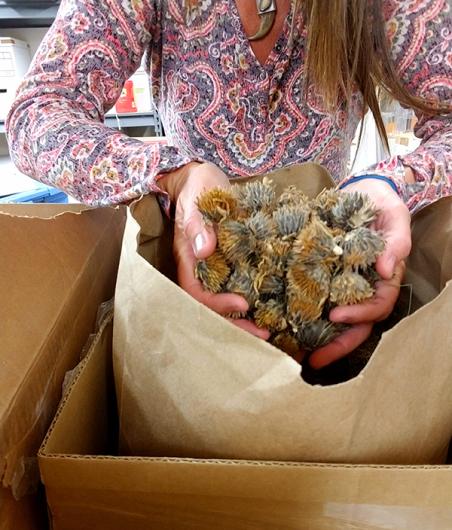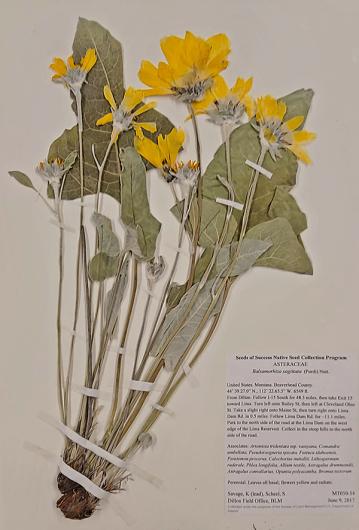Related Stories
- Community in action at Four Dances Recreation Area
- BLM enhances trail access in Billings area for outdoor users
- Strong turnout and new beginnings: 26 wild horses placed at Montana adoption event
- Training pays off during BLM cave rescues near Carlsbad
- First 100 days: BLM drives energy expansion and national strength
Office
1005 Selway Dr.
Dillon, MT 59725-9431
United States
Phone:
Email:


